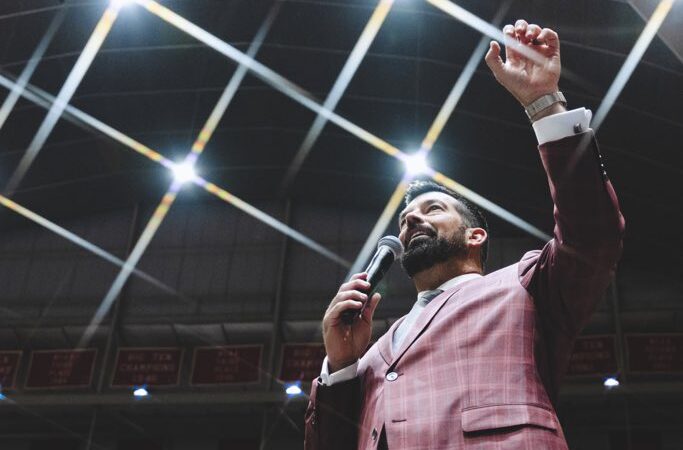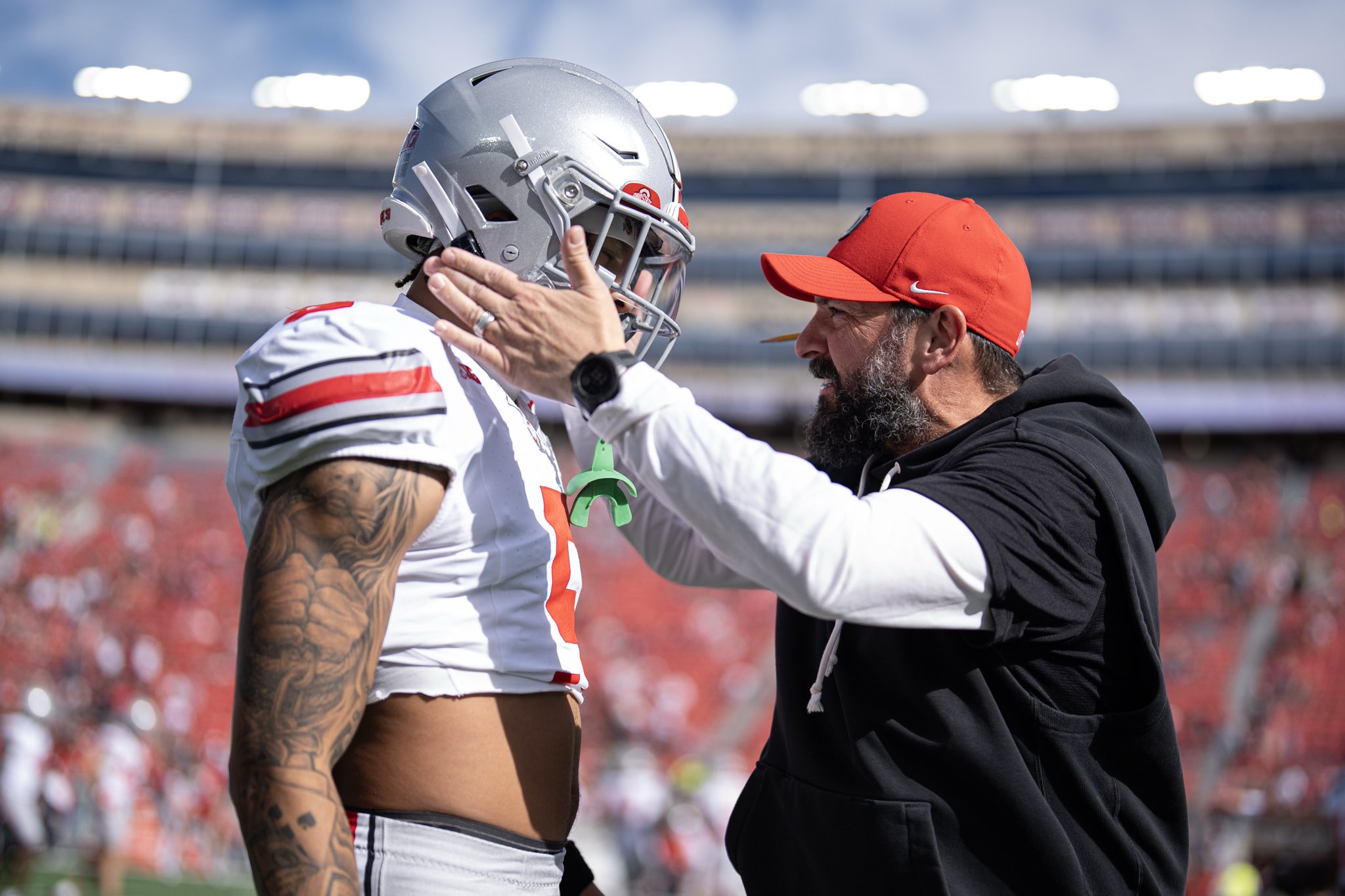
The fallout from Ohio State’s loss to Michigan last month has sent shockwaves through Buckeye Nation, and the passion of the fanbase has been evident in the discussions that have ensued. On the latest episode of The Ohio Podcast, hosts Eric Boggs and Chris Wilds delved into the raw emotions and pointed questions surrounding the program’s direction under head coach Ryan Day.
“At first I was shocked, then I was angry, and now I’m just disappointed,” Boggs admitted, encapsulating the sentiments of many Ohio State fans. The hosts expressed their shared frustration, not just as analysts, but as lifelong fans who have invested time, money, and energy into supporting the program. The sting of Saturday’s defeat was particularly harsh, given the expectations for the season.
The podcast highlighted a quote from Ryan Day’s pregame remarks that seemed to capture the gravity of the moment: “This game is a war. Any time there’s a war, there’s consequences and casualties.” For Buckeye Nation, those casualties included the players, the fans, and potentially Day himself.
Wilds didn’t mince words when discussing who bore the brunt of the disappointment. “The casualties were, first of all, the players,” he said, pointing to seniors who returned with hopes of rewriting the narrative against Michigan. Wilds singled out defensive lineman Jack Sawyer, an Ohio native who left everything on the field only to see his efforts come up short.
The fans, too, were described as casualties. From season ticket holders to donors contributing to NIL initiatives, the sense of betrayal ran deep. “The benefactors of the university, the donors, the big donors who dump all this money in — they’re casualties of this,” Wilds lamented.
The conversation inevitably turned to the coaching staff, with Wilds calling for sweeping changes. Offensive line coach Justin Frye, offensive coordinator Chip Kelly, and even Ryan Day himself were identified as part of the problem.

Wilds criticized Frye for subpar offensive line development and Kelly for poor play-calling, claiming that the Buckeyes’ offense failed to exploit Michigan’s vulnerabilities. “We had receivers running wide open the entire game, and we didn’t even look to them,” he said.
But it was Day who received the harshest critique. Wilds labeled him an “egomaniac” who prioritized proving his toughness over sound strategy. “He cost this team a major win versus that team up north,” Wilds asserted, arguing that the loss not only extended the losing streak against Michigan but might also have cost the Buckeyes a shot at the national championship.
As the dust settles, the Ohio State fanbase remains split on Day’s future. A poll conducted by the podcast revealed that roughly 60% of fans believe Day should be fired, with opinions divided between immediate dismissal and waiting until after the College Football Playoff. Only a third of respondents supported retaining Day regardless of the playoff outcome.
“This feels very reminiscent of 1999-2000, the last years of John Cooper,” Boggs noted, referencing the former Buckeye coach whose struggles against Michigan led to his dismissal. With next year’s roster expected to be less talented and the schedule more challenging, the parallels are hard to ignore.
The coming weeks will be critical for Day and the Ohio State program. A strong showing in the College Football Playoff could buy Day more time, but another disappointing performance might solidify calls for a coaching change.
For now, Buckeye Nation waits, divided but united in their passion for a team that has set high expectations for generations.













[…] The Casualties and Possible Consequences to Losing THE GAME […]